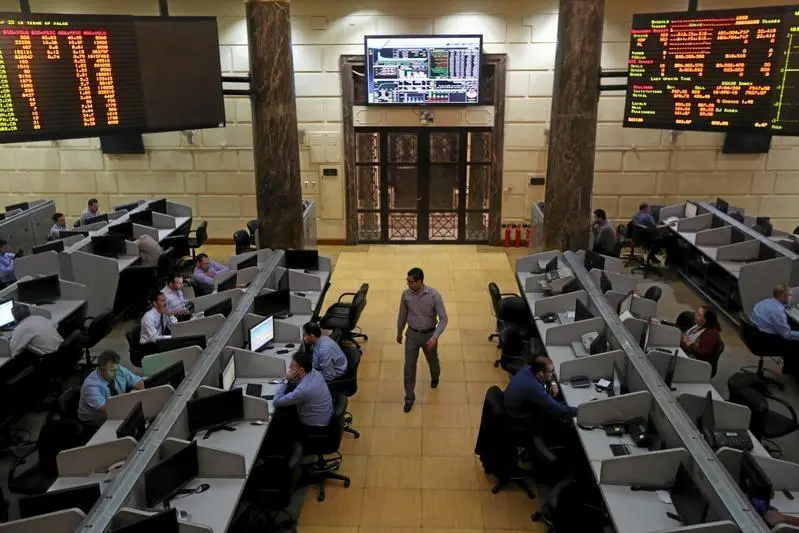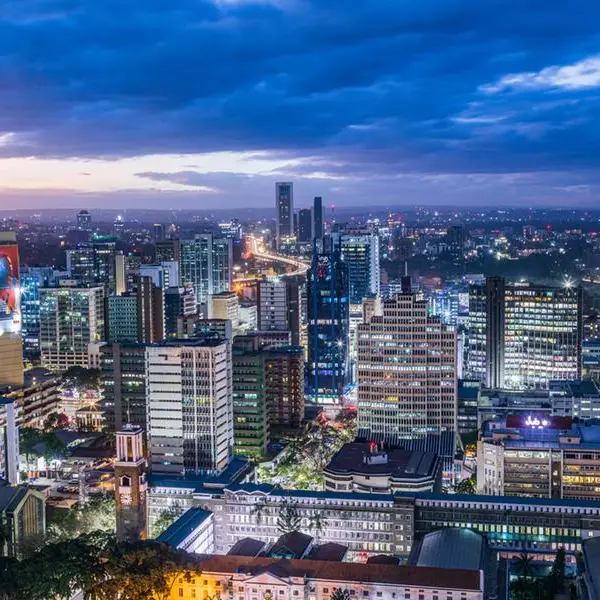PHOTO
Neither octane nor diesel prices will increase under the new Value Added Tax (VAT) currently being discussed in parliament.
According to the final draft bill presented by Minister of Finance Amr Al-Garhi to lawmakers, the price of fuel at the pump is included in the list of 52 goods and services exempted from the tax. Crude oil and natural gas are also on the list.
The introduction of the new tax is part of Egypt's fiscal reform programme which aims at lowering the budget deficit through cutting subsidies and increasing tax revenues.
The VAT is expected to yield LE30 billion annually and will replace the sales tax.
Most food items, except for vegetable cooking oil which is subject to a tax of one per cent, are exempted. Moreover, the new bill annulled the taxes currently imposed on sugar and tea.
Banking operations and financial services that are regulated by the Egyptian Financial Services Authority (EFSA), as well as healthcare, broadcasting and publishing are not subjected to the new tax.
The rate of the long-awaited levy will be flat and observers believe it will be anywhere between 11 and 14 per cent. Sales tax rate is 10 per cent.
In addition to the general rate of VAT, an extra eight per cent will be introduced on mobile services. This means that mobile users will pay a tax of 20 -22 per cent instead of the current 15 per cent. Meanwhile, landline phone calls are not subjected to VAT and ADSL Internet will be exempted for just one year.
One controversial item in the law was the five per cent tax imposed on international school fees. The tuition fees are currently exempted from taxes but supporters of the new tax said those who can afford the relatively high fees in international schools and universities will not be burdened by the extra tax.
Discussions on the law witnessed heated debate on taxing the fertiliser industry. The new law kept the five per cent tax currently imposed on the industry despite demands to cancel it to lessen the financial burdens on farmers.
Moreover, there will be no additional taxes on cars which are currently subjected to the sales tax.
It will be applied to all stages of the production chain of goods and services. The current sales tax is imposed only on the included price paid by the consumer.
It is expected to increase prices by one per cent to 2.5 per cent upon introduction, according to the Ministry of Finance's calculations.
Egypt's inflation rate hit a seven-year high of 14 per cent in June.
The parliament's Planning Committee plans to invite investors and the business community representing a multitude of sectors including, motor vehicles, fertilisers, food and tobacco to participate in the VAT hearings.
© Al Ahram Weekly 2016





















